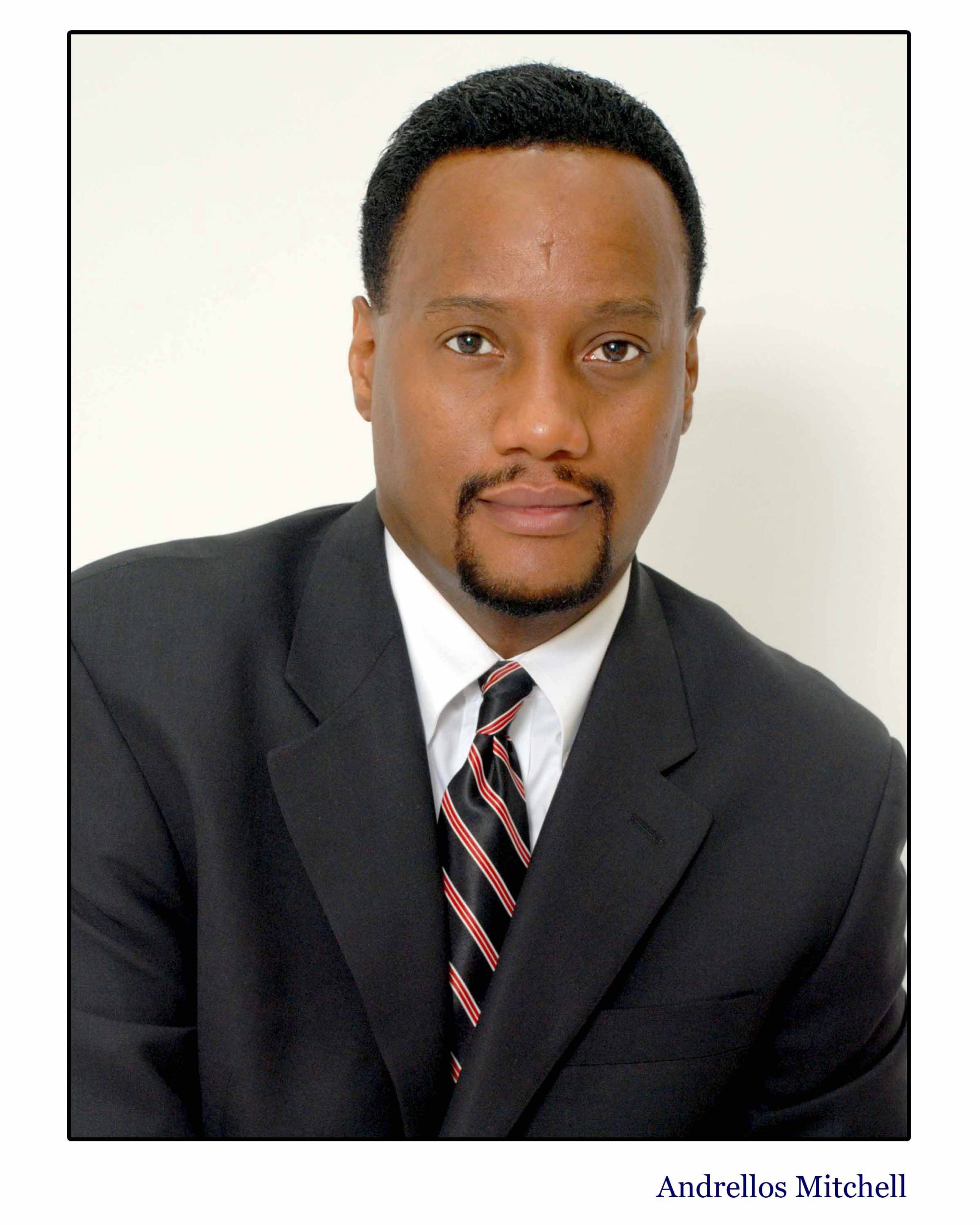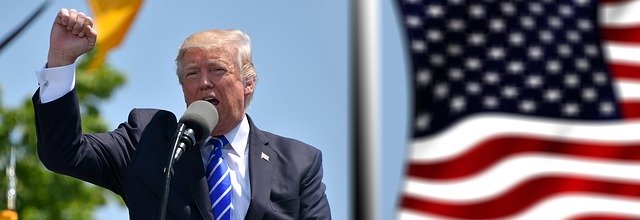Alvin Bragg Has Failed To Prove Fraud Beyond A Reasonable Doubt In His Hush-Money Case Against Donald Trump
As we come to the end of the prosecution’s case in THE PEOPLE OF THE STATE OF NEW YORK v DONALD J TRUMP in the so-called hush-money case in which Donald Trump has been accused of altering business records to conceal a payoff to porn star Stormy Daniels in an attempt to silence her allegations about a sexual encounter she had with Trump, one thing is clear…prosecutor Alvin Bragg has failed to prove each and every element of his case beyond a reasonable doubt. He has failed to prove each and every element of the crimes he has charged Donald Trump with.
All of the government’s witnesses before Michael Cohen failed to show Donald Trump had the criminal intent to commit a crime. It was always going to be left to Cohen to try to prove Trump not only had knowledge of the so-called hush-money scheme, but he intentionally engaged in the criminal acts of altering business records allegedly to alter the outcome of the 2016 presidential election. Cohen has failed to do so.
Since Cohen has testified in the case there has been much talk about his credibility. As I previously wrote about in the Baltimore Post-Examiner, Cohen has no credibility that can be damaged or rehabilitated. He is a proven liar, a perjurer, an ex-convict, and a disbarred lawyer.
In testimony on May 20, 2024, we also learned that Cohen stole money from the Trump Organization. Cohen admitted in testimony Monday that he stole $30,000 from the Trump Organization by overstating how much he paid a tech company that provided services for the Trump Organization.
So now we can add thief to the list of attributes possessed by Michael Cohen. Cohen is a liar and a thief. No reasonable jury should believe anything he has said about Trump knowingly and intentionally acting to commit fraud.
Has the Government shown that Trump had some knowledge that Michael Cohen was running around trying to fix an alleged attempt to extort money from him by Daniels and her camp? Yes. For the record, while Trump’s lawyers have described Daniels’ actions as extortion, it has always seemed more like blackmail to me.
In any event, did Trump have some knowledge that Daniels wanted money in exchange for not going forward with her story and discussing their alleged sexual rendezvous in the media? Yes. Was it informed knowledge? I would argue no. Trump did not have informed knowledge concerning the facts involving Michael Cohen’s efforts to settle the Daniels case.
Even in a telephone conversation when Cohen talks to Trump about financing the payment, Trump is genuinely shocked and clueless about such an arrangement. Trump simply tells Cohen to pay in cash. Then Cohen says “No, no, no.” This is an example of Trump not having actual knowledge of what Cohen is doing. It’s clear that whatever moves Cohen was making, Trump was not fully tied into the loop. Trump had limited knowledge of what his fixer was doing.
The Bragg indictment charges Trump with the following crime 34 times.
FALSIFYING BUSINESS RECORDS IN THE FIRST DEGREE, in violation of Penal Law §175.10, committed as follows: The defendant, in the County of New York and elsewhere, on or about February 14, 2017, with intent to defraud and intent to commit another crime and aid and conceal the commission thereof, made and caused a false entry in the business records of an enterprise, to wit, an invoice from Michael Cohen dated February 14, 2017, marked as a record of the Donald J. Trump Revocable Trust, and kept and maintained by the Trump Organization.
I can’t say for certain how the judge will interpret the law after hearing the testimony presented in the case. However, to me, it sounds like Trump had limited knowledge of Cohen’s actions and simply went along with Cohen’s directions. Thus, it is clear that Trump did not have actual knowledge. As a result, he lacked the informed knowledge necessary for criminal intent to defraud. How can you defraud someone without knowledge of the crime? Without an intent to commit a crime? Cohen committed fraud. Trump did not.
The Other Crime
As far as the charge of intent to commit another crime and aid and conceal the commission thereof, who the hell knows what that other crime is? If it has been made clear, I apologize but I missed it. It sounds like various conspiracies to influence the outcome of the 2016 presidential election and/or not properly reporting campaign expenses. Campaign finance violation? Who the hell knows for sure? Why hasn’t the prosecution been required to affirmatively state the other crime? In any event, they have not proven the elements of the other crime. The business records case only stands up as a felony in the furtherance of another crime. The government has not proven the other crime…whatever it is.
No Need For Trump To Take The Stand.
Should Donald Trump testify in his hush-money trial? Absolutely not. First of all, I think Trump would make a horrible witness. The man frequently lacks self-control. He loves to ramble on and on. Such rambling could hurt his defense.
Also, if Trump takes the stand, he will open himself up to impeachment, and I don’t think that would go well for him. The most important reason that Trump does not need to take the stand is because it is not necessary. The government simply has not proven its case against Trump.
The government has not proven each and every element of fraud. The checks signed by Trump were for the repayment of settlement money. That is not a crime. The money paid was for a personal legal expense. How do I know? Because it was Trump the individual person that allegedly had sex with Daniels. It was Trump the individual person that was running for President. So, the story that Trump paid Daniels not to tell was about Trump the individual person. Furthermore, the entire matter was handled by Donald Trump’s personal lawyer, Michael Cohen.
There is no crime. There is no victim. There is no case. Thus, there is no intelligent or logical reason for Donald Trump to take the stand and testify in his own defense.
The End Game (Motions)
Motion for Judgment of Acquittal. Most often, a defendant will bring a motion for a judgment of acquittal after the prosecution has finished presenting its evidence or after both sides have finished presenting their evidence. The motion for acquittal tests the legal sufficiency of the prosecution’s evidence to sustain a verdict; that is, it asks the question whether a reasonable juror (or a reasonable judge in a bench trial), crediting the prosecution’s testimony and drawing all rational inferences in the prosecution’s favor, could find every element of the charge proved beyond a reasonable doubt. See, e.g., Burks v. United States, 437 U.S. 1, 16-17 (1978) I expect Trump’s legal team to make this motion or some similar motion. I know I would.
Hung Jury
A hung jury is very possible if the jury can’t reach a verdict. Also, Trump only needs 1 juror to hold out to prevent a unanimous decision.
Grounds for Appeal
Why wasn’t the jury sequestered? I think this could be a ground for an appeal in such a highly publicized case of first impression.
Why wasn’t Trump allowed to know the other crime he allegedly committed from the beginning? Why wasn’t it in the indictment? Was Trump’s Sixth Amendment Rights violated?

Andrellos Mitchell is a multifaceted individual with an impressive array of roles and accomplishments. Although he was raised in Washington, D.C. and Maryland, Mr. Mitchell proudly hails from Louisiana. His educational background includes degrees in Social Work, Education, and Law.
He is a practicing Washington, D.C. attorney at a general law practice that focuses on complex civil litigation such as fraud. Furthermore, Mr. Mitchell is a former Fraud Examiner for the District of Columbia Department of Insurance, Securities & Banking (DISB). He handles federal cases in Maryland and before federal government agencies across the United States. He is also a former D.C. and Maryland social worker. His social work experience includes mental health, alcohol and drug abuse, and family issues. Mitchell is a lifelong Independent voter. He is also a freelance writer and journalist. He provides commentary, analysis, and opinion for various media outlets. He is a staunch advocate for Freedom of Speech, the Second Amendment, and other constitutional law issues. Contact him at [email protected] or 202-848-9324.

